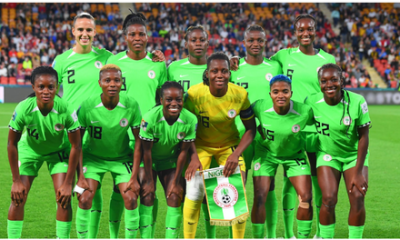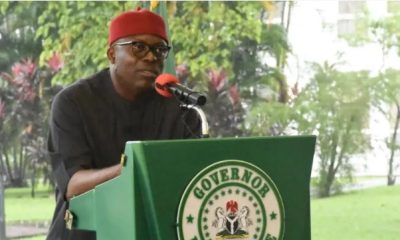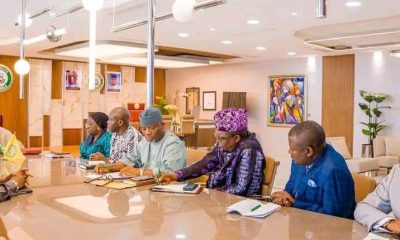National
Expect more river flooding, FG warns states, LGs
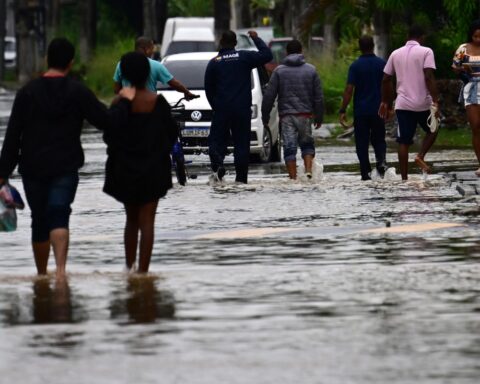
National
We’ll reintroduce rejected bills on 6-year single term—34 Rep. members
National
Delta approves N713m for 2024 students bursary payment — Official
National
Survey shows 71% of households affected by food price hike
National
Reps reject bill seeking six-year single tenure for president, governors
National
NAFDAC alerts Nigerians on fake products
National
ICPC tracks N610 billion projects in 22 states
-

 Football14 hours ago
Football14 hours agoInjury rules Boniface out until 2025
-
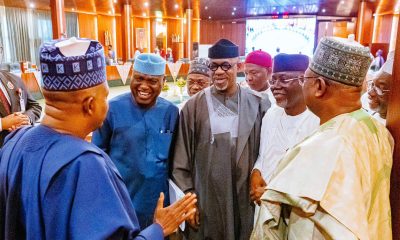
 News19 hours ago
News19 hours agoNEC sets up National Electrification Committee to end grid collapse
-

 Entertainment20 hours ago
Entertainment20 hours ago12 Secret Santa Gifts That Could Get You Fired
-
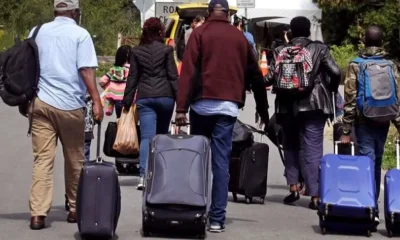
 Business20 hours ago
Business20 hours ago1 out of 4 Nigerians want to migrate-NBS
-

 News22 hours ago
News22 hours agoNFF holds match commissioners’ seminar in Asaba
-
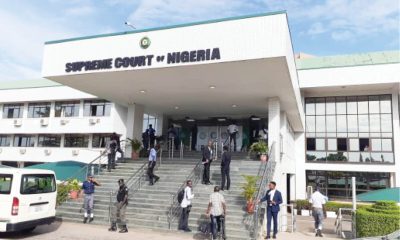
 News16 hours ago
News16 hours agoSupreme Court nullifies National Lottery Act
-

 National20 hours ago
National20 hours agoDelta approves N713m for 2024 students bursary payment — Official
-

 News20 hours ago
News20 hours agoLabour Party Launches Grassroots Initiative to Empower Youths Ahead of 2027 Elections
-
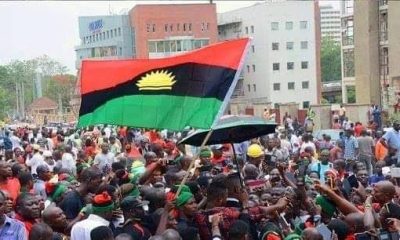
 News18 hours ago
News18 hours agoIPOB disowns Simon Ekpa
-
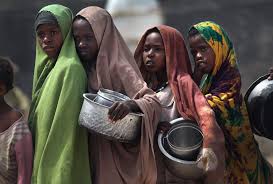
 News16 hours ago
News16 hours ago71% of households affected by food price hike – NBS


